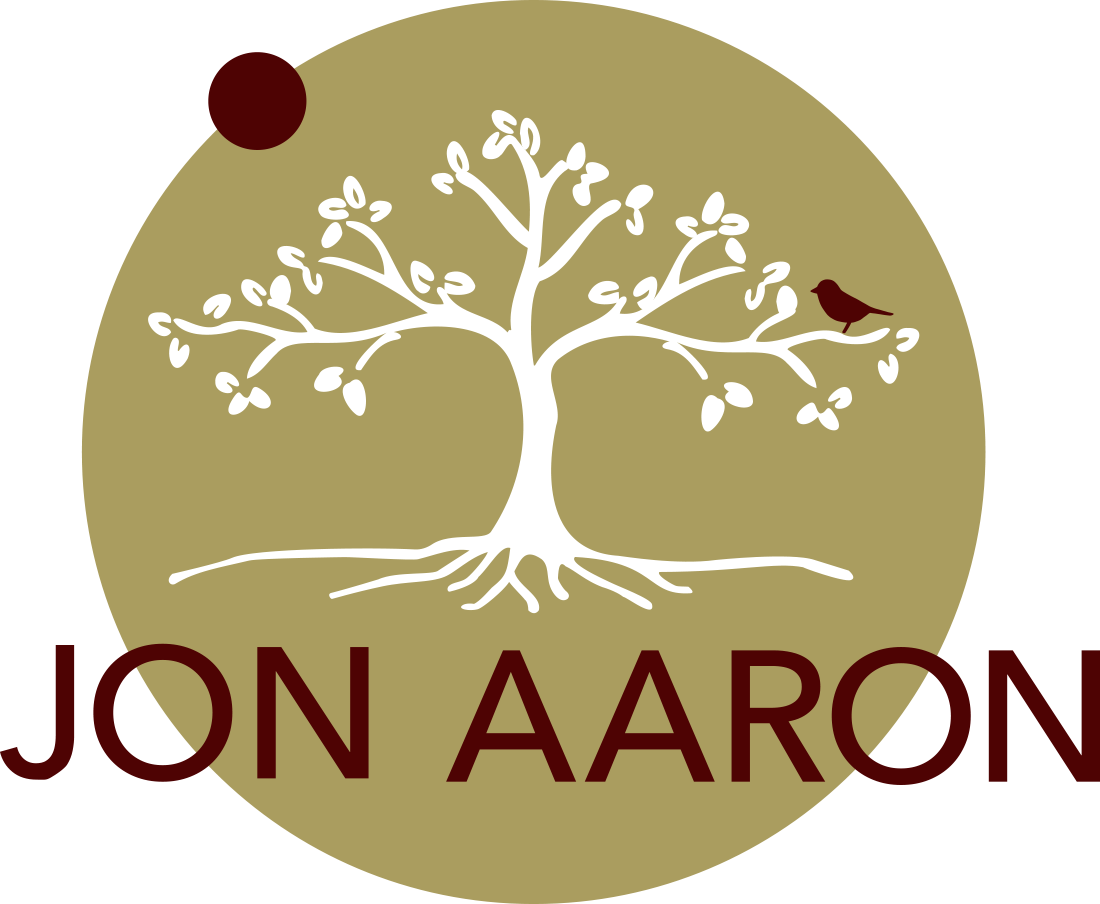Buddhist musings on Yom Kippur: Missing the Mark, Starting Over
I grew up in a Reform Jewish household and, in truth, never found much meaning in the holiday of Yom Kippur as a child. When I was 13, and many Jewish boys were Bar Mitzvahed (though not in the temple we attended), my family moved from suburban Cleveland to rural New Hampshire. Suddenly, I was the only Jewish kid in my school. While this gave me a sense of Jewish identity and my first taste of anti-semitism, it didn’t exactly add to my Jewish education, which was already pretty weak. Into adulthood, I explored various congregations, but none resonated and they all seemed to lack the contemplative dimension I was yearning for, as I came to later understand. When the Dharma found me later in adulthood and I learned more about kamma (or karma), the meaning and value of Yom Kippur came alive.
At the end of September, my colleague Elaine Retholtz and I will facilitate the 20th "Yom Kippur, A Day of Silence and Reflection," which over the years has become one of the most well-attended events at New York Insight, and is always open to all. Yom Kippur, the Jewish day of atonement at the start of the Jewish New Year, is a day where we collectively atone for how we have ethically missed the mark in our actions. From a Buddhist perspective, it's a day when we consider how our actions (kamma) have perhaps not lived up to the Five Practice Precepts of Non-Harming*. Of course, ideally, we are aware of this not just on one day of the year, but moment to moment.
What's special about this day is that we take this on as a collective practice. We are in it together. The heart of the Yom Kippur "service" is the vidui or confessional. It includes a long list of unskillful actions––some obvious, some very subtle. Each line of the liturgy begins with the phrase “for the wrong we have done before You.” The "You" can be interpreted as "God" or the divine, of course. It might also be our ancestors and wise elders. Or even ourselves, at our deepest level. At the risk of sounding Christian (!) I like to think of “You” as the community at large, a kind of "God" incarnate. So, the community, or sangha, takes responsibility for all the "wrongs" that have been done to itself, all the times we have fallen short of one another. As a group we atone, or, in a Buddhist sense, we release the accumulated unwholesome kamma of the entire sangha! We communally ask for forgiveness and liberation from the cycles of harm. And we communally agree to do better in the coming year.
The role of kamma is central to Buddhist practice. The last of the Five Daily Reflections is:
‘I am the owner of my kamma, the heir of my kamma; I have kamma as my origin, kamma as my relative, kamma as my resort; I will be the heir of whatever kamma, good or bad, that I do.’
We know that our actions (skillful or unskillful) have consequences, yet there is no predicting what the consequences will be. When the thought of an unwholesome (re)action arises, it is a result of a karmic seed planted from past actions and other conditions. At that moment, we are presented with the choice of whether to act on it. If we don't, then that karmic seed can start to be released or burnt off, so to speak. If we do act on it, the karmic seed is watered and will produce further fruit. Of course, these karmic seeds that we are heir to have arisen out of causes and conditions, some of which may be within our known memory, and many of which are buried deeply in our subconsciousness, including our collective consciousness, and, according to some, past lives.
Being part of a sangha and having fierce spiritual friends allows us to share the experience of releasing unskillful karmic seeds so that our future actions become wholesome. Of course, we all screw up and fall short of the precepts, and I certainly do. Otherwise, we would not need them. They are, afterall, known as training precepts, not rules. Sometimes I miss the mark knowingly (and maybe even purposely) and many times unknowingly. Here, intention is critical, as well as attention to impact. Wise intention implies that we look deeply in our own hearts, and also that we do our best to consider our actions' consequences before acting. Inevitably, we will mess up. Sometimes (many times perhaps), we can't know the full results. This is where sangha and fierce spiritual friends (kalyana mitras) are most important. True spiritual friends do not collude or minimize the harm we cause. They help us to take responsibility and grow.
Monastic communities, certainly in the Buddhist tradition and some Catholic traditions, meet very regularly for a "confessional" wherein individuals can state how they may have caused harm to themselves or others because mindfulness of intention and impact wasn't present. In Buddhist communities, this was typically on the nights of the full moon. The community's witness to these admissions is an act of love and generosity. In some religious traditions, penance may be called for. This isn't quite the case in Buddhism or Judaism as far as I know. We ask forgiveness, make amends or reparations when possible, and move forward knowing we can do better.
One of the traditions we've started including in our Yom Kippur Day of Silence and Reflection is recollecting all the good we have done in the past year by stating out-loud specific acts that come to mind. To me, this is so important. The point of a holiday like Yom Kippur and the significance of the Buddhist Precepts is not to create a feeling of toxic guilt when I transgress, but rather to provide the opportunity to accept my humanity and move through the pain productively. I screw up, and I recognize that I can always do better. I also like to think that my wholesome actions, those arising from wisdom and compassion, outweigh those arising from delusion, greed, and aversion. At least that is what I am working towards.
The Five Buddhist Precepts* are all about living together with others without causing harm. The more our mindfulness strengthens, these Precepts start to reveal themselves in more and more subtle ways. They are guardrails to our actions and, as practices, bring much greater awareness to our actions moment-to-moment, as well as spiritual depth. They also impact our meditation greatly. As we clean up our act ethically, we have less and less ruminations in meditation! Taking ethical responsability create as more peaceful and luminous mind-heart. Check it out!
Yom Kippur is called the Day of Atonement. Some refer to it as the day of "At-One-Ment." By confessing in this way to others and with others, we acknowledge the depth of our shared humanity and love for another other, and for true freedom.
***
*The topic of the Five Practice Precepts is fodder for an entire blog post (countless books have been written on them), but here is one translation. You can also learn more on my podcast here.
1. Refrain from killing. Have respect for all of life.
2. Refrain from taking that which is not offered. Cultivate generosity in every way possible.
3. Refrain from sexual misconduct. Use sexuality as a gateway to intimacy and expression of love.
4. Refrain from false, harmful, or reckless speech. Remain sensitive to the potential impact of all communication, and use speech to heal,
5. Refrain from intoxicants that cloud the mind and cause heedless behavior. Have a commitment to a mind that sees the truth.

